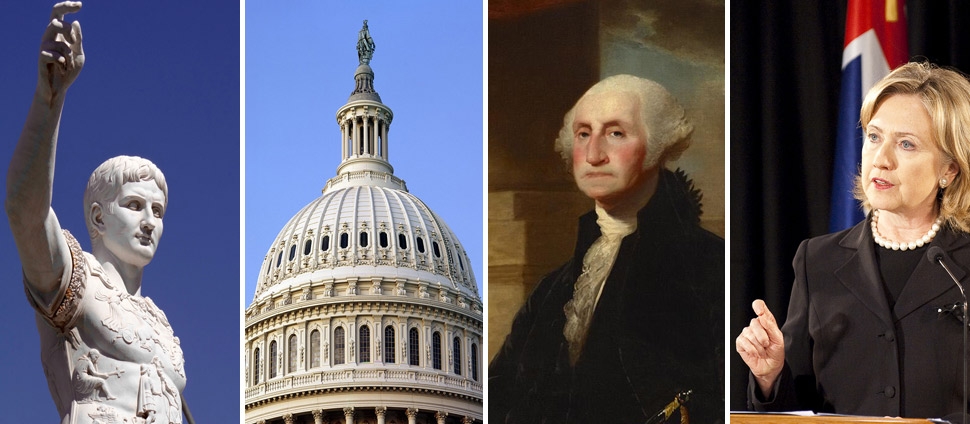Document Type
Article
Publication Date
11-6-2015
Publication Title
International Studies Perspectives
Abstract
A crucial dimension of bridging the gap between international affairs scholarship and policymaking is the generation of substantive, policy-relevant research programs. We describe the use of scenario analysis as a valuable experiential and problem-based technique for developing innovative research ideas in political science. We focus especially on the scholarly and pedagogical potential of scenarios for doctoral students by describing the structured use of scenarios at the annual New Era Foreign Policy Conference. The features of scenario analysis that commend its use to policymakers also make it well suited to helping political scientists generate policy-relevant research programs. Scenarios are plausible and textured stories that help imagine how the future political-economic world could be different from the past in a manner that highlights policy challenges. Scenario analysis can throw into sharp relief overlooked, yet pressing questions in international affairs that demand focused investigation. In turn, the search for answers can shape important research programs geared toward providing actionable clarity in understanding contemporary global issues and challenges.
Keywords
scenario analysis, problem-based learning, research agendas, experiential learning, bridging the gap
First Page
1
Last Page
19
DOI
10.1093/isp/ekv005
Rights
© The Authors 2015. Published by Oxford University Press on behalf of International Studies Association. All rights reserved.
Version
Version of Record
Recommended Citation
Barma, Naazneen H.; Durbin, Brent; Lorber, Eric; and Whitlark, Rachel E., "“Imagine a World in Which”: Using Scenarios in Political Science" (2015). Government: Faculty Publications, Smith College, Northampton, MA.
https://scholarworks.smith.edu/gov_facpubs/18


